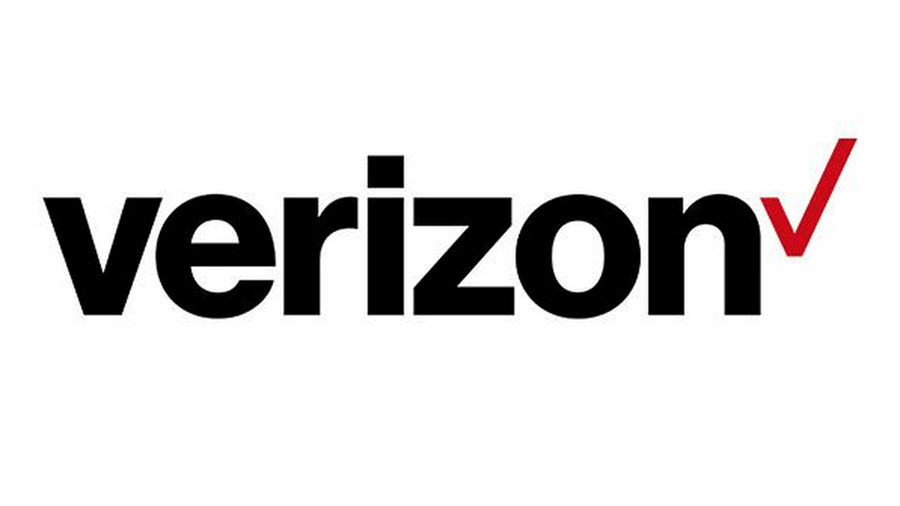NAB Slams Verizon at FCC Over ATSC 3.0

The smarter way to stay on top of broadcasting and cable industry. Sign up below
You are now subscribed
Your newsletter sign-up was successful
The National Association of Broadcasters has failed to hide its disdain for Verizon's take on the ATSC 3.0 transition.
The FCC comment docket has been heating up lately as the clock ticks down to what could be a November public meeting vote on a framework for allowing broadcasters to roll out the IP-friendly, interactive next-gen transmission standard, which supports 4K HDTV signals.
Last week Verizon execs, in meetings with FCC staffers, said the commission should not allow broadcasters to include the ATSC 3.0 signals in retrans negotiations and require broadcasters' ATSC 3.0 and 1.0 simulcasts to be essentially identical. The ATSC 3.0 standard is not backward compatible, so broadcasters would be delivering their primary signals in both ATSC 3.0 and 1.0 during the transition.
Broadcasters are looking for a tad more flexibility in how they roll out the new standard.
Related: CTA Warns ATSC 3.0 Chaos Without Modulation Standard
In a letter to the FCC Oct. 24, NAB association general counsel Patrick McFadden said Verizon was just trying to shackle its competitors given reports it was testing its own 4K delivery service. "Restricting the ability of broadcasters to deliver a competing 4K service, which will require adoption of a new transmission standard, could be one strategy for stemming Verizon’s losses of pay-TV subscribers," he said.
Throwing in a little tit for tat, McFadden says that if commission were not going to allow broadcasters to negotiate carriage for ATSC 3.0 signals for a year prior to the expiration of retrans agreements, as Verizon suggested, maybe it should not allow Verizon to roll out 5G for a year after it is ready to do so.
McFadden suggested Verizon's asks were a joke. "One might be tempted to check to see if their letter [the ex parte notice of the meetings] was filed on April 1, 2017."
The smarter way to stay on top of broadcasting and cable industry. Sign up below
But he was not done. "Verizon purports to be concerned that subscribers may need to buy new equipment to receive Next Gen signals. Yet Verizon itself sticks customers with a mandatory fee for $12 per month for a set-top box that allows them to view the HD programming included in their subscription."
McFadden calls Verizon a hamstringer of innovation pushing needlessly burdensome proposals.
Contributing editor John Eggerton has been an editor and/or writer on media regulation, legislation and policy for over four decades, including covering the FCC, FTC, Congress, the major media trade associations, and the federal courts. In addition to Multichannel News and Broadcasting + Cable, his work has appeared in Radio World, TV Technology, TV Fax, This Week in Consumer Electronics, Variety and the Encyclopedia Britannica.

